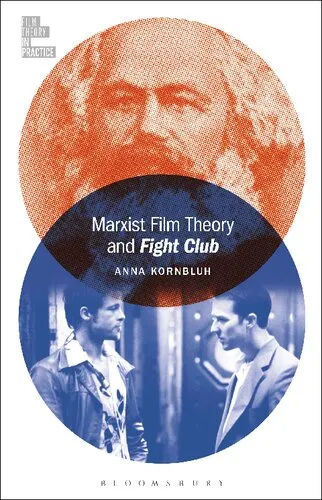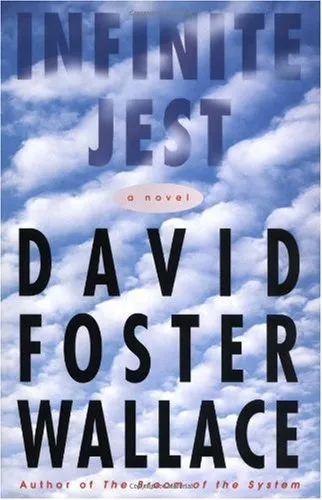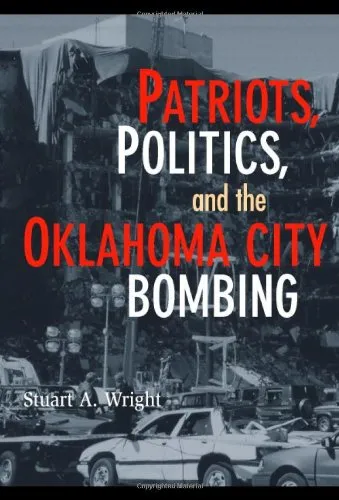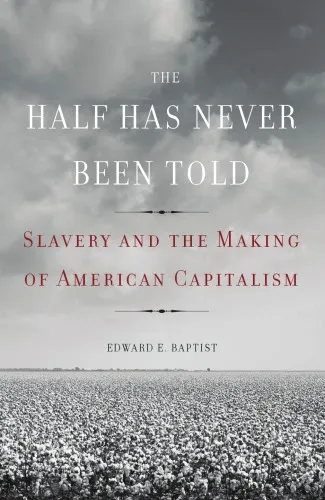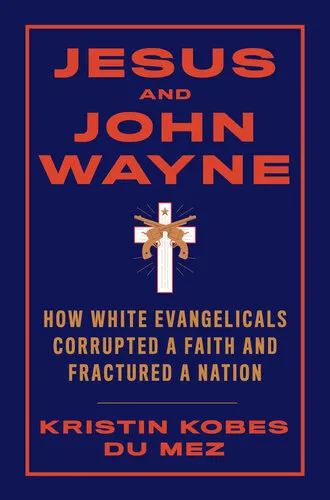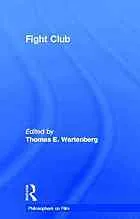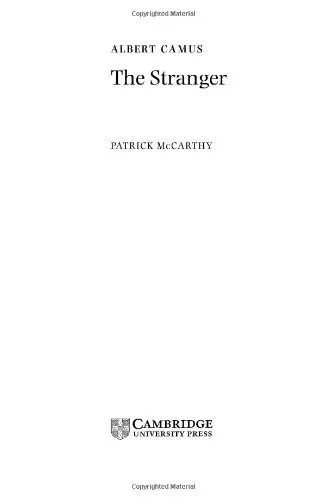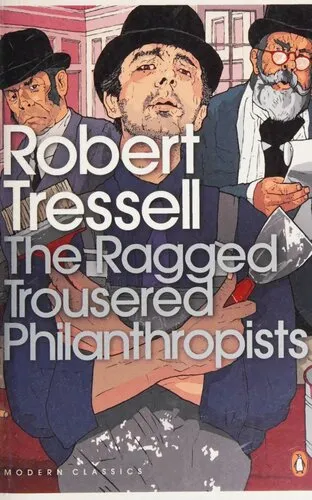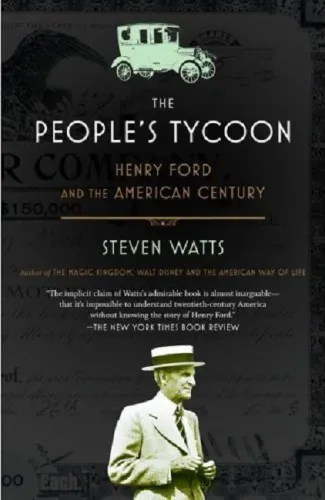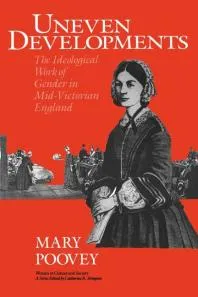Marxist Film Theory and Fight Club
4.0
Reviews from our users

You Can Ask your questions from this book's AI after Login
Each download or ask from book AI costs 2 points. To earn more free points, please visit the Points Guide Page and complete some valuable actions.Related Refrences:
Introduction to "Marxist Film Theory and Fight Club"
In "Marxist Film Theory and Fight Club," Anna Kornbluh delves into the intricate relationship between Marxist theory and contemporary cinema, with a specific focus on the cult classic film "Fight Club." Through a nuanced analysis that intertwines film critique with Marxist concepts, this book seeks to unpack the socio-economic underpinnings and philosophical discourse embedded within the film.
Detailed Summary of the Book
Anna Kornbluh embarks on an intellectual journey that scrutinizes "Fight Club" through the lens of Marxist film theory. This book bears the ambitious aim of unraveling the economic anxieties and stark critiques of capitalist society portrayed in the film. "Fight Club," with its narrative centered around consumerism, disillusionment, and identity, serves as a fertile ground for Marxist analysis.
This endeavor dissects the film's narrative structure, characters, and overarching themes, spotlighting the clash between capitalist ideologies and the yearning for a more equitable social order. Kornbluh engages with core Marxist themes such as alienation, commodity fetishism, and the spectacle, illuminating how "Fight Club" critiques these elements through its storytelling.
Moreover, Kornbluh highlights the dualistic nature of the film's characters—particularly the unnamed narrator and Tyler Durden—as a representation of internal conflict within a capitalist framework. By examining their interactions and transformations, she reveals the psychological and social turmoil engendered by capitalist ideologies.
Key Takeaways
- The novel concept of seeing "Fight Club" not just as a critique of consumerism, but as a complex commentary on masculine identity in late capitalism.
- Understanding film as a vehicle for Marxist critique can offer insights into broader social and economic structures.
- How the medium of film reflects contemporary societal anxieties and may either challenge or reinforce prevailing ideologies.
- The interplay between personal identity and systemic structures is pivotal in analyzing both "Fight Club" and capitalist societies.
Famous Quotes from the Book
- "The film speaks to an epochal unease, an inexpressible tension simmering beneath the surface of late capitalism."
- "To dissect the capitalist fabric woven throughout 'Fight Club' is to unravel a tapestry of consumerist alienation and masculine identity crisis."
Why This Book Matters
This book is a significant contribution to both film studies and Marxist scholarship. Anna Kornbluh's work stands out by offering more than just a straightforward critique of a popular film—it bridges disciplinary techniques to illuminate how complex ideological phenomena manifest within cinematic narratives. The intricate analysis of "Fight Club" positions the film as a crucial text in discussions of capitalism, identity, and culture.
By contextualizing "Fight Club" within a Marxist framework, Kornbluh invites readers to engage critically with not just this film, but with the entire medium of cinema as a reflective apparatus for societal conditions. The book encourages a profound interrogation of how films can both mirror and challenge the status quo, thereby playing a role in cultural and ideological critique.
The relevance of "Marxist Film Theory and Fight Club" extends beyond academia and into broader cultural discussions, urging everyone—from enthusiasts to scholars—to consider the socioeconomic dimensions that shape media narratives and, in turn, influence public consciousness.
Free Direct Download
You Can Download this book after Login
Accessing books through legal platforms and public libraries not only supports the rights of authors and publishers but also contributes to the sustainability of reading culture. Before downloading, please take a moment to consider these options.
Find this book on other platforms:
WorldCat helps you find books in libraries worldwide.
See ratings, reviews, and discussions on Goodreads.
Find and buy rare or used books on AbeBooks.
1448
بازدید4.0
امتیاز0
نظر98%
رضایتReviews:
4.0
Based on 0 users review
Questions & Answers
Ask questions about this book or help others by answering
No questions yet. Be the first to ask!
